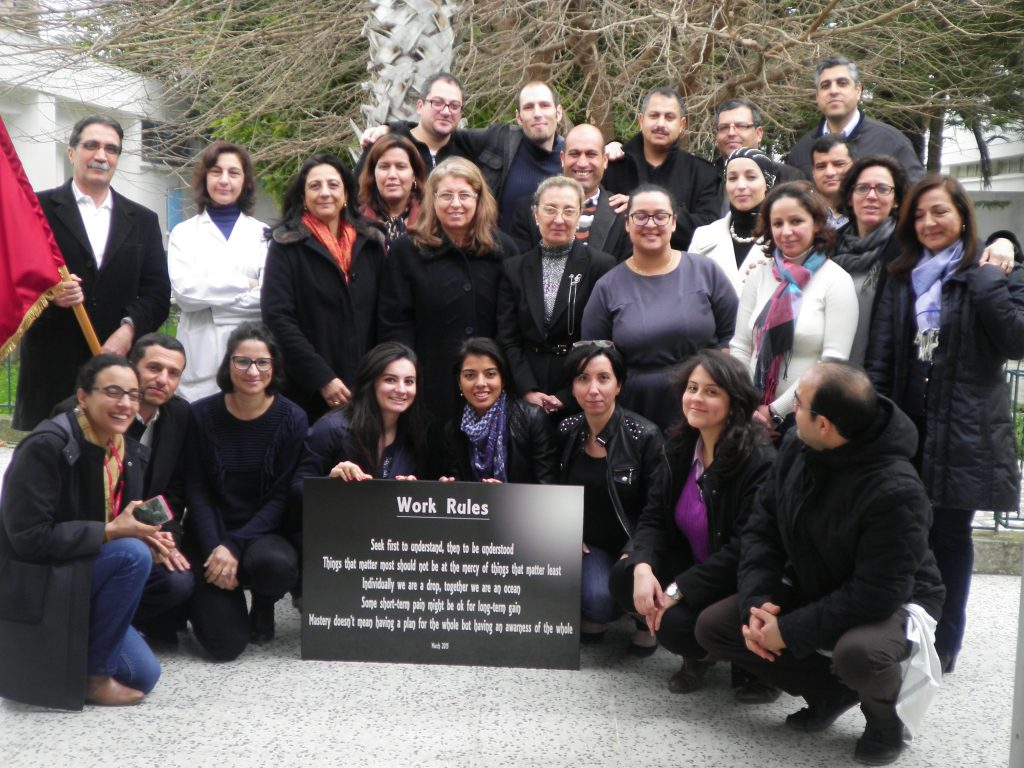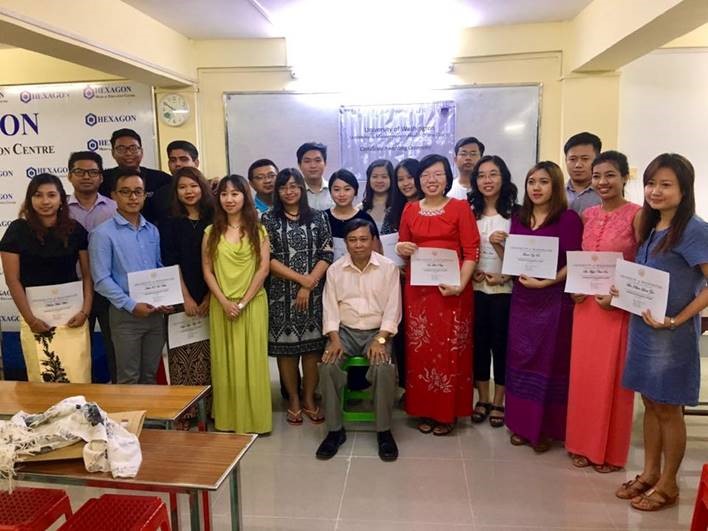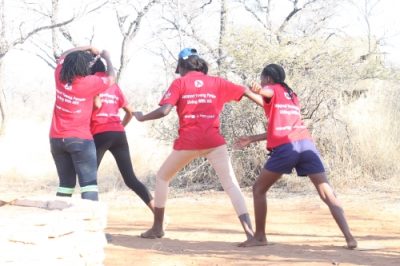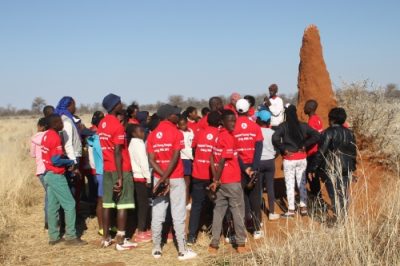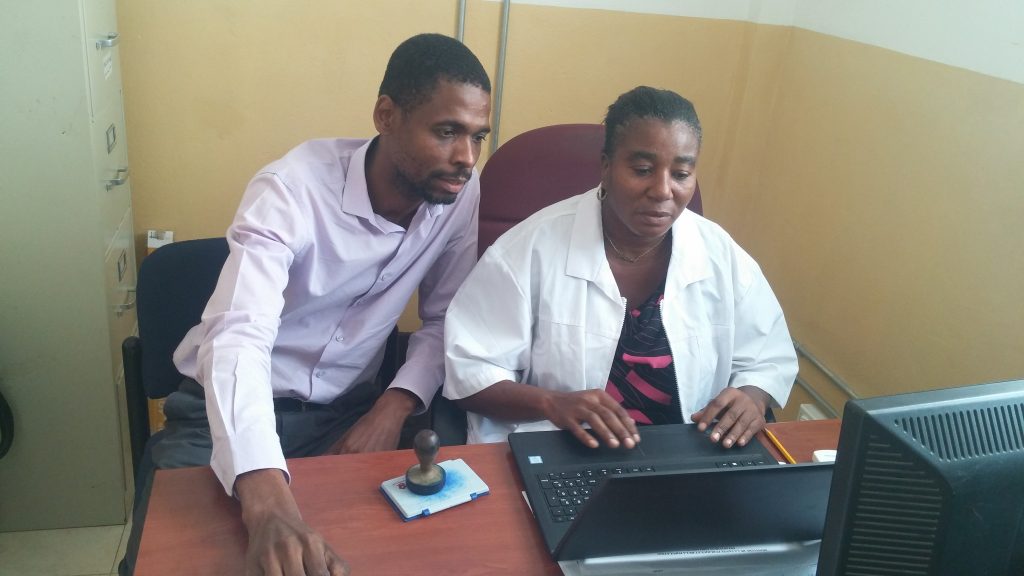
To mark the 10th year of the iSanté electronic medical record (EMR) system, the International Training and Education for Health (I-TECH) team in Haiti embarked on an analysis of the EMR’s implementation, the results of which were published as a case study last month in Health Policy and Planning.
The study focuses on factors of success, contributing to the industry’s understanding of what it takes to sustain and transition an EMR system in a low- and middle-income country (LMIC) like Haiti. The team found that while functionality and technical factors continue to be relevant as EMR implementations mature, other factors also become significant over time, including governance and leadership, ongoing user capacity, data quality, integration within a larger eHealth framework and financing.
The team assessed factors for success in eight categories: functionality, technical, organizational, training, political, ethical, financial, and sustainability. Seven of these were determined by the work of Fritz et al. in a review of factors contributing to EMR system success in low-resource settings.[1] However, one of the main findings was the eighth category the Haiti team added to the list of factors: sustainability.
Why sustainability is critical
When a system like iSanté is implemented at scale for so many years, the definition of success shifts from design, planning, and rollout to financing, governance, maintenance, and long-term ownership of the system by Haitian stakeholders. Transition planning, including long-term financial sustainability of the system, needs to begin at the start of any implementation.
“iSanté is a part of the legacy of the HIV information system, a model that will be used from generation to generation especially in terms of sustainable HIV/AIDS interventions,” said Nirva Duval, M&E Lead at the National AIDS Control Programme of the Ministry of Public Health and Population (MSPP) in Haiti, a case study author who has been involved in the iSanté implementation since its beginning in 2005. She went on to add, “Use of iSanté data is a major asset and an opportunity to better understand issues and contribute to decision-making at all levels.”
Ultimately, the goal is for iSanté to be fully owned, managed, and maintained in Haiti and wholly integrate into clinical practice. In 2016, I-TECH, the U.S. Centers for Disease Control and Prevention (CDC), and the MSPP undertook an overhaul of iSanté, including moving all servers and the majority of software development to Haiti.
Lessons learned pave the way for integration
The rebuild, known as iSantéPlus, uses an OpenMRS platform, which is supported by a growing global community. The phased national rollout of iSantéPlus is under way and will continue during 2018. I-TECH is also supporting the creation of a new national health information exchange known as “SEDISH” (Système d’Echange d’Information de Santé d’Haïti in French).
SEDISH will ensure a seamless flow of data between the community level to sites to the national level and back, improve clinicians’ ability to see patient history from other sites, and maintain a continuity of care document for patients who move between care sites. SEDISH uses international data standards and a Master Person Index to facilitate harmonization and information sharing between the EMR and other health data systems like lab and supply chain systems, transitioning the Haiti HIS landscape from multiple disparate systems to an interconnected network. Both iSantéPlus and SEDISH will promote collaboration between MSPP and CDC- and USAID-funded partners to improve how health care providers serve individual patients and populations across these systems.
Many of the lessons learned during the implementation of iSanté were applied in the design and execution of iSantéPlus and SEDISH. “iSanté has kept Haiti on the leading edge of HIS implementation in resource-constrained countries,” said Dr. Scott Barnhart, Principal Investigator and Professor in the University of Washington’s Departments of Medicine and Global Health. “The changes under way will have broad global applicability — integrating across direct patient care, lab, pharmacy, as well as supply chain. We have an exciting opportunity to come together and build on our success to respond to the challenges of local ownership, financing, cost-effectiveness, and governance so that these important tools are sustainable.”
Once the team completes and assesses the results of the iSantéPlus and SEDISH pilot, the new systems will be deployed throughout Haiti. It will be critical that the MSPP, CDC, and I-TECH’s partners in Haiti come together to assess the sustainability of iSantéPlus and SEDISH and their impact on the HIS landscape in Haiti.
[1] Fritz F, Tilahun B, Dugas M. 2015. Success criteria for electronic medical record implementations in low-resource settings: a systematic review. Journal of the American Medical Informatics Association 22: 479–88.

